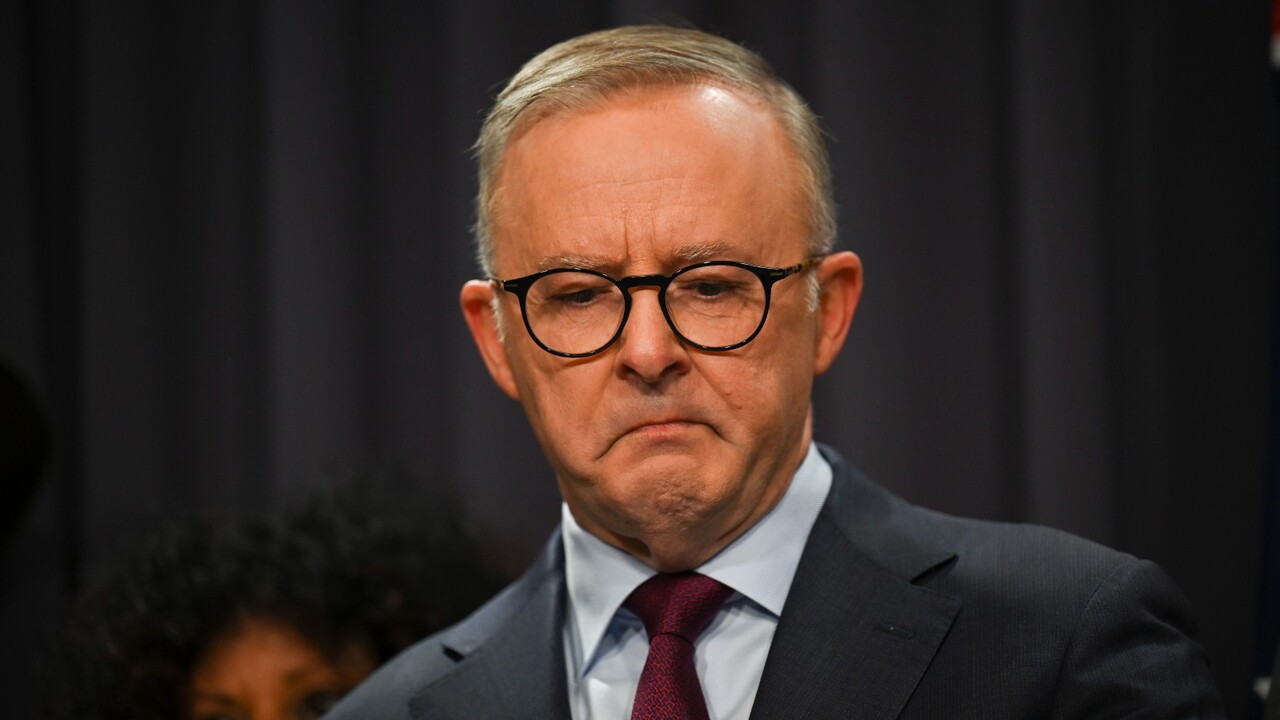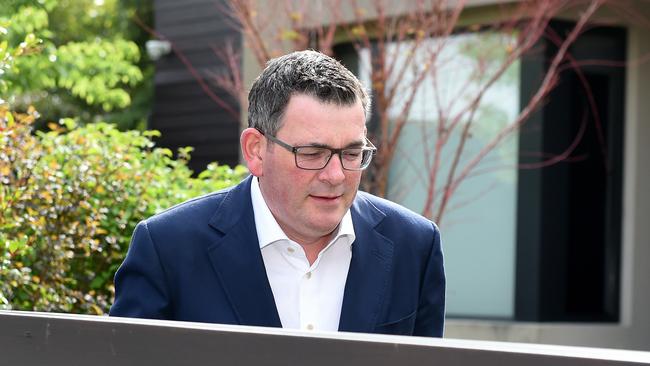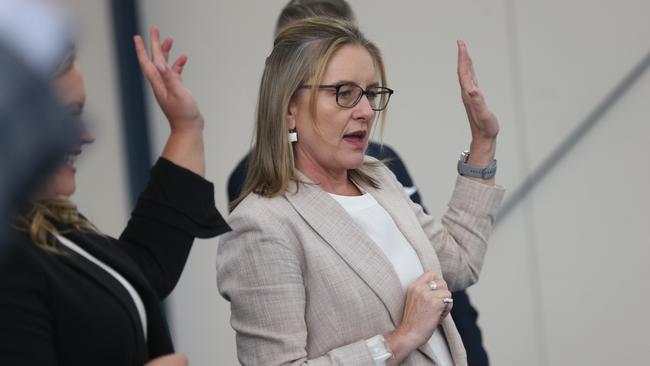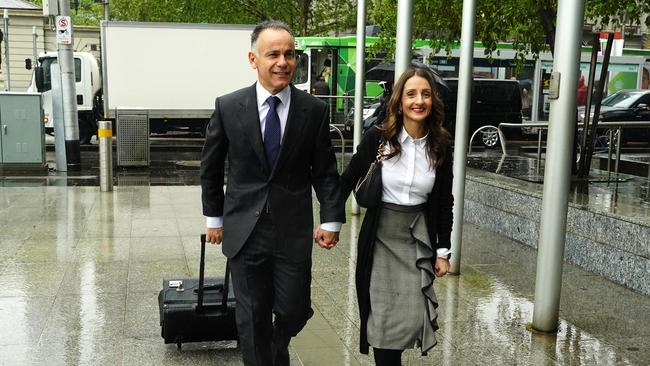
The Australian commercial office property market is now embracing the pattern that caused so much devastation in the US. Melbourne is first in the firing line.
In the US, office markets like New York and Boston declined, but not dramatically. However, in selected cities the value of office blocks fell by around 40 to 50 per cent. Hardest hit were the hi-tech areas of San Francisco and Los Angeles, which were also badly mauled by poor government in California.
In Australia the equivalent of Los Angeles and San Francisco is Melbourne, where office block values are down between 20 and 50 per cent with an average fall of 20-30 per cent. This is a decline not seen in Australia since the early 1990s recession.
Other capital cities like Sydney are soft but the declines are nowhere near the Melbourne collapse, which is concentrated in buildings where tenants have reduced their space or left. High quality buildings with long-term major tenants fare much better, but buyers are hard to find at levels near previous values.

Melbourne has been savaged because of the actions of one of the worst state governments since Federation and the expectation global heads of credit rating agencies in New York will eventually grasp what is actually happening in Victoria.
An array of high-profile mayoral candidates are currently making crazy promises to win the election, but the fall in property values mean a big fall in rateable income.
The next mayor, instead of implementing promised spending sprees, will have to retrench staff and cut services.
Only one candidate – opinion pollster Gary Morgan – is warning of the big looming reductions in income. No one listens.
In the past the real estate valuation industry has taken time to adjust values to reality because usually when there has been a large fall in values there are very few sales on which to base official valuations.
Listed property-owning funds normally see the stockmarket adjust to real values. But unlisted property funds, particularly superannuation funds, can be traded every day on the basis of inflated values, which is unfair to buyers and generous to sellers.
Of course most of the major superannuation property funds have a spread of properties through the capital cities and in asset classes. But trustees will need to look very carefully at real values and make sure day-to-day transactions are being conducted at fair values.
Suffering Melbourne office owners will protest strongly if the council continues to levy rates on the basis of inflated values. This may lead to major court cases.
But Australia is fortunate to not suffer the same problem as the US, where large office block were bought using high borrowings.

When the properties fell in value the equity was quickly wiped out and the lenders also suffered. In Australia, most of the institutions have substantial equity stakes.
Still, some family owners of office blocks have heavy borrowing and will be under pressure.
There has been much publicity about the close ties between the Albanese government and the union movement, which was reflected in the industrial relations legislation and other policy measures. But Victoria’s government takes its union obligations even more seriously – with catastrophic results.
The unions realise the mess in Victoria is so great that even the current Opposition Leader John Pesutto, who is going through an internal party brawl in the courts, might win the next election in two years. And if anyone else is chosen as leader by the Liberals a change in government would be highly likely.
Accordingly, the public servants need to act now and so are demanding, and receiving, truly enormous wage rises. The government borrows the money and this will continue until the rating agencies call a halt.
Most states understand while having some staff working from home can be very productive, but if it’s allowed en masse it greatly diminishes productivity.
With the Victorian government effectively controlled by the unions, a sensible return to work is not possible. City property values suffer.
And the state government is preparing to saddle Melbourne with the bulk of the enormous power costs (much higher than any nuclear plant) required for the next 15 or 20 years to enable the developers of wind power in Bass Strait to earn large low-risk returns.
Because of its irresponsible spending, Victoria is now Australia’s highest-taxing state and this is frightening both office buyers and prospective tenants.

Meanwhile, at a time when the city of Melbourne will need help from the state government it is pouring its borrowings into suburban Box Hill and surrounding areas in the “train to nowhere” project where the CFMEU wants long-term, high-wage jobs.
Federal Opposition Leader Peter Dutton now realises just how bad the Victorian government has become. But he might not be able to claw back federal seats lost in Victoria at the last election – including those lost to the teals – while the Australian Liberal organisation allows a state leader to publicly and expensively conduct an internal party squabble in the courts.





